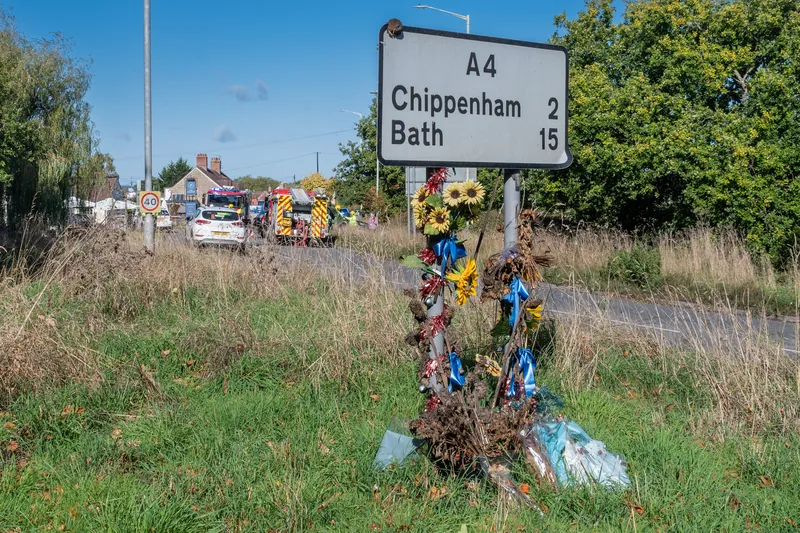Local authorities in the UK could be subjected to insurance companies recovering money paid to cover claims if an autonomous vehicle crash is deemed to have been caused by road markings that were incorrect or unreadable by the vehicle. That is the view of Ben Howarth, senior policy advisor according to the Association of British Insurers. Answering questions at a Policy-UK event about proposals for insurance changes to cover connected and autonomous vehicles, Howarth said the ABI expected AVs to be used i
April 28, 2017
Read time: 2 mins
Local authorities in the UK could be subjected to insurance companies recovering money paid to cover claims if an autonomous vehicle crash is deemed to have been caused by road markings that were incorrect or unreadable by the vehicle. That is the view of Ben Howarth, senior policy advisor according to the Association of British Insurers.
Answering questions at a Policy-UK event about proposals for insurance changes to cover connected and autonomous vehicles, Howarth said the ABI expected AVs to be used in defined areas and that the councils would have a view on which roads were suitable. If a road was approved for use by AVs and an accident occurred in which some road defect – such as an obscured or worn out white line – was deemed to have contributed, then under the proposals the insurance company would be entitled to recover the payments from the council.
He added that he was unsure what would actually happen in practice. Asked why councils would approve roads for use by AVs if it left them exposed to such liabilities, Howarth replied: “That’s a question for the local authorities.”
Answering questions at a Policy-UK event about proposals for insurance changes to cover connected and autonomous vehicles, Howarth said the ABI expected AVs to be used in defined areas and that the councils would have a view on which roads were suitable. If a road was approved for use by AVs and an accident occurred in which some road defect – such as an obscured or worn out white line – was deemed to have contributed, then under the proposals the insurance company would be entitled to recover the payments from the council.
He added that he was unsure what would actually happen in practice. Asked why councils would approve roads for use by AVs if it left them exposed to such liabilities, Howarth replied: “That’s a question for the local authorities.”








